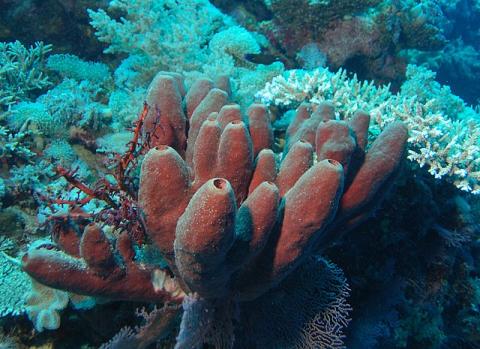Research published in Nature analyses future scenarios in which the 1.5°C temperature limit set in the Paris Agreement would be temporarily exceeded, assuming that temperatures could be lowered in the long term by reducing carbon dioxide emissions using different techniques. The authors stress that exceeding this threshold would have irreversible consequences for the Earth system in key areas such as biodiversity, sea level and carbon stocks. ‘Only rapid, short-term emission reductions are effective in reducing climate risks,’ they stress in the paper.

María José Sanz - límite 1,5 EN
María José Sanz
Scientific Director of the BC3 Basque Centre for Climate Change and member of the IPCC Bureau
Over the last decade, scientists have been developing multiple pathways to keep global average temperatures below the 1.5°C threshold. Plausible pathways include those that envisage the possibility of exceeding this temperature and then, by sequestering carbon dioxide en masse (either by biological systems or technologies), returning the climate system to a pre-1.5°C stage.
This new publication presents a more pessimistic view than previously thought and questions the fact that if 1.5°C is exceeded, it will not be easy to return the system to its previous state, especially because the sequestration capacities of biological systems may be highly compromised. The study highlights the urgency of emission reductions to avoid reaching 1.5°C, and indicates that adaptation will be necessary in any case, and that our adaptive capacity could be exceeded if we exceed 1.5°C.
Víctor Resco - límite 1,5 EN
Víctor Resco de Dios
Lecturer of Forestry Engineering and Global Change, University of Lleida
The climate change we are currently experiencing is already practically irreversible. Even if we stopped emitting tomorrow, temperatures would not fall. But they would not increase either. Hence the need to achieve as quickly as possible a balance between actions that emit CO2, such as burning fossil fuels, and those that absorb it, such as photosynthesis. When we achieve this ‘net zero emissions’, the temperature will stop rising.
If we take too long to achieve net zero, we may exceed some irreversible threshold that would amplify climate change, even if we stop emitting. If, as a consequence of climate change and human action, for example, fire transforms the Amazon rainforest into a savannah, this would be an irreversible process that would indirectly amplify long-term climate change because we would lose this colossal carbon sink (apart from its social consequences for indigenous and local communities and biodiversity).
The message of the article is as vital as it is difficult for society to understand: the worst thing about climate change is not the direct effects, such as rising temperatures. What is really serious are the indirect impacts, such as rising sea levels, melting glaciers and the loss of large areas of forest and biodiversity. All these processes are irreversible and, if they occur, would amplify climate change (even without emissions increases) in a way that would change the planet forever.
These indirect impacts occur when a threshold temperature value is crossed. The novelty of the paper lies in studying these indirect impacts with a relatively low temperature threshold, such as a 1.5°C rise (current agreements aim to limit warming to 2°C). Currently, the temperature has already risen by 1.3°C, so we are close to that value. We are not saying that we will run out of Amazon if the temperature rises to 1.5°C, but that the chain reactions that would develop could be worrying and amplify climate change.
The article criticises the kind of magical thinking that some people promote about the development of CO2 capture technologies: they will be of little use if they are developed after a threshold value has been crossed and, let's remember, this technology does not currently exist, so we cannot count on it either.
We should take this article with a grain of salt, as it deals with one of the most uncertain issues in climate modelling, such as these indirect effects. What is clear, however, is that we must achieve net zero as soon as possible.
- Research article
- Peer reviewed
- Modelling
Carl-Friedrich Schleussner et al.
- Research article
- Peer reviewed
- Modelling



